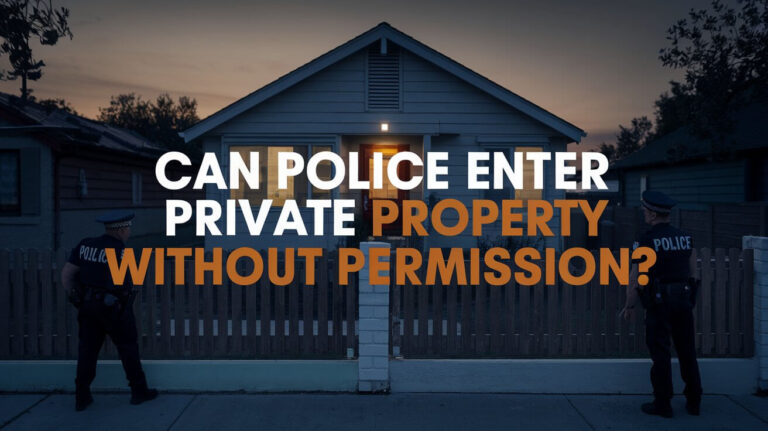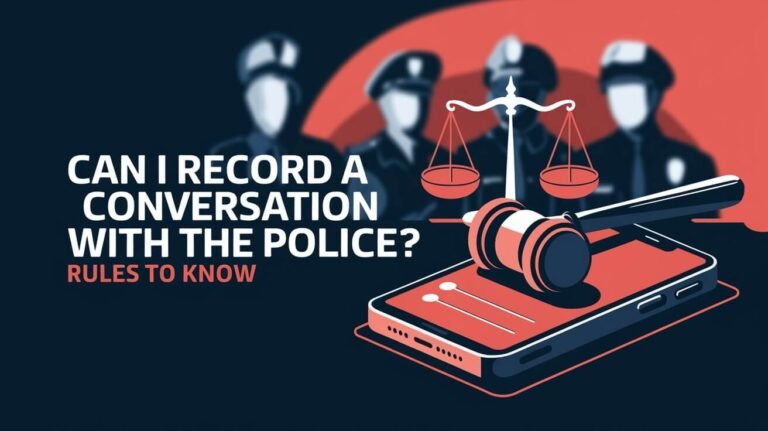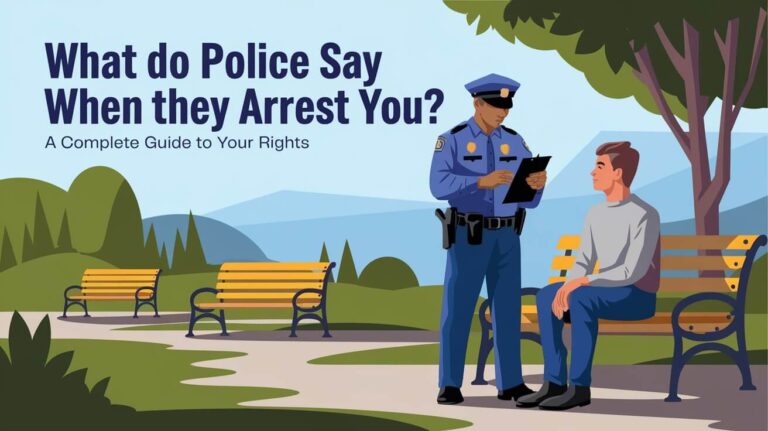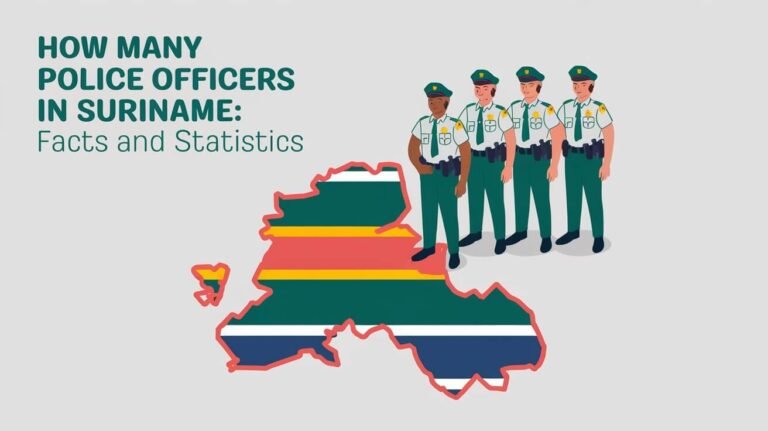Who Investigates Police Misconduct: A Comprehensive Guide
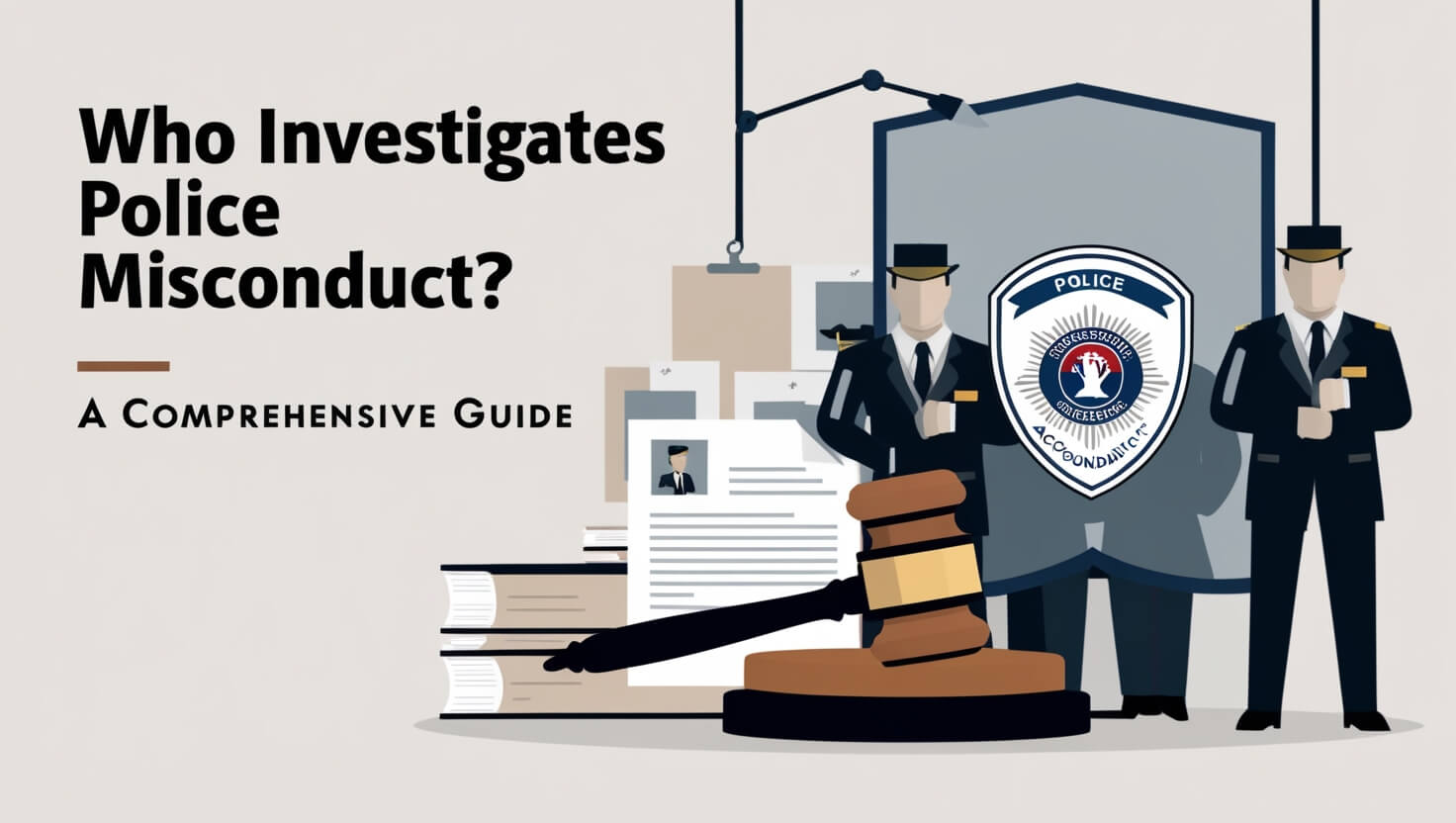
Police misconduct is a serious issue that affects communities across the United States. When law enforcement officers abuse their power or violate citizens’ rights, it’s crucial to have systems in place to hold them accountable. Various agencies and organizations investigate police misconduct, including internal affairs divisions, civilian review boards, state-level agencies, and federal departments.
This guide explores the complex world of police misconduct investigations, shedding light on the processes, challenges, and efforts to improve accountability in law enforcement.
What Constitutes Police Misconduct?
Police misconduct covers a wide range of actions that violate legal and ethical standards. These include:
- Excessive use of force
- Racial profiling
- False arrests
- Planting evidence
- Sexual misconduct
- Corruption
The legal framework for defining police misconduct stems from the U.S. Constitution, federal laws, and state regulations. The Fourth Amendment protects against unreasonable searches and seizures, while the Fourteenth Amendment guarantees equal protection under the law.
The Impact of Police Misconduct
When officers abuse their power, it ripples through society:
- Erosion of public trust
- Physical and emotional trauma for victims
- Community-wide fear and resentment
- Financial costs from lawsuits and settlements
High-profile cases of police misconduct have sparked nationwide protests and calls for reform. These incidents highlight the need for thorough and impartial investigations.
Internal Affairs Divisions
Most police departments have an internal affairs (IA) unit responsible for investigating officer misconduct. These divisions aim to maintain integrity within the force.
Pros of Internal Affairs Investigations:
- Familiarity with department policies and procedures
- Access to officer records and department resources
- Ability to conduct swift initial inquiries
Cons of Internal Affairs Investigations:
- Potential bias or conflict of interest
- Limited transparency
- Perception of the “blue wall of silence”
While IA units play a crucial role, their effectiveness often comes under scrutiny. Critics argue that police shouldn’t investigate themselves, leading to calls for external oversight.
Civilian Review Boards
Civilian review boards (CRBs) offer an alternative to internal investigations. These panels consist of community members who review complaints against police officers.
Structure of Civilian Review Boards:
- Appointed by local government officials
- Diverse representation from the community
- Independent from the police department
CRBs aim to increase transparency and public trust in the complaint process. However, their powers and effectiveness vary widely between jurisdictions.
Some cities grant CRBs the authority to subpoena witnesses and recommend disciplinary action. Others limit their role to advisory functions, leaving final decisions to police leadership.
State-Level Investigations
When local investigations fall short or involve high-profile cases, state agencies may step in. State police or the Attorney General’s office often lead these inquiries.
Advantages of State-Level Investigations:
- Greater resources and expertise
- Independence from local politics
- Broader jurisdiction to address systemic issues
State investigations can uncover patterns of misconduct across multiple departments. This wider perspective helps identify needed reforms at the state level.
Federal Investigations of Police Misconduct
The U.S. Department of Justice (DOJ) plays a significant role in addressing police misconduct, especially when civil rights violations are involved.
DOJ’s Civil Rights Division
This division enforces federal laws related to police misconduct. They can investigate individual incidents or launch pattern-or-practice investigations into entire police departments.
FBI Involvement
The Federal Bureau of Investigation (FBI) often assists in criminal investigations of police officers. They bring federal resources and expertise to complex cases.
Federal investigations carry significant weight and can lead to:
- Criminal charges against officers
- Consent decrees requiring department-wide reforms
- Monitoring of police agencies to ensure compliance
How to Report Police Misconduct
If you’ve experienced or witnessed police misconduct, it’s important to know how to file a complaint. The process typically involves these steps:
- Gather information about the incident (date, time, location, officer names or badge numbers)
- Document any injuries or property damage
- Collect witness statements and contact information
- File a complaint with the appropriate agency (usually the police department or civilian review board)
- Follow up on the status of your complaint
Many departments now offer online complaint forms, but you can also file in person or by phone. Remember, you have the right to file a complaint without fear of retaliation.
The Investigation Process
Once a complaint is filed, the investigating agency follows a series of steps:
1. Initial Review
The complaint is assessed to determine if it warrants a full investigation.
2. Evidence Gathering
Investigators collect:
- Body camera footage
- Witness statements
- Police reports
- Medical records (if applicable)
3. Interviews
Both the complainant and the accused officer are interviewed. Witnesses may also be questioned.
4. Analysis
All evidence is reviewed and analyzed to determine if misconduct occurred.
5. Decision and Recommendations
The investigating body makes a decision and may recommend disciplinary action or policy changes.
The length of an investigation can vary greatly, from weeks to months, depending on the complexity of the case.
Challenges in Police Misconduct Investigations
Several obstacles can hinder effective investigations:
The Blue Wall of Silence
This unwritten code discourages officers from reporting misconduct by their colleagues. It can make it difficult to gather truthful testimony during investigations.
Lack of Transparency
Many police departments resist releasing information about misconduct investigations. This secrecy fuels public distrust and makes it hard to assess the effectiveness of internal probes.
Limited Resources
Some agencies lack the funding or personnel to conduct thorough investigations, especially for less severe complaints.
Legal Protections for Officers
Police unions often negotiate contracts that include provisions making it harder to investigate or discipline officers.
Reform Efforts and Improving Accountability
In response to high-profile cases of police misconduct, many jurisdictions are implementing reforms:
Body Cameras
Widespread adoption of body-worn cameras aims to increase transparency and provide objective evidence in misconduct cases.
Enhanced Training
Departments are focusing on de-escalation techniques, implicit bias training, and community relations to prevent misconduct.
Policy Changes
Some agencies are revising use-of-force policies and implementing early warning systems to identify problem officers.
Independent Oversight
More cities are creating or strengthening civilian oversight agencies with greater powers to investigate misconduct.
Rights and Protections in Misconduct Investigations
Both citizens and officers have rights during the investigation process:
For Citizens:
- Right to file a complaint without retaliation
- Right to be informed about the investigation’s progress
- Right to appeal the outcome in many jurisdictions
For Officers:
- Due process protections
- Right to union representation during questioning
- Right to review evidence against them
Understanding these rights helps ensure fair investigations for all parties involved.
High-Profile Cases and Their Impact
Certain police misconduct cases have garnered national attention and sparked significant changes:
The Rodney King Case (1991)
This incident of police brutality caught on video led to widespread riots and eventual federal oversight of the Los Angeles Police Department.
The Michael Brown Shooting (2014)
The death of Michael Brown in Ferguson, Missouri, sparked the Black Lives Matter movement and increased scrutiny of police use of force.
The George Floyd Case (2020)
George Floyd’s death during an arrest in Minneapolis reignited nationwide protests and calls for police reform, leading to policy changes in many departments.
These landmark cases often result in:
- Increased public awareness of police misconduct
- Policy changes at local and national levels
- Pressure for more thorough and transparent investigations
The Future of Police Misconduct Investigations
As technology advances and public demand for accountability grows, the landscape of misconduct investigations is evolving:
Emerging Technologies
- AI-powered analysis of body camera footage
- Advanced data analytics to identify patterns of misconduct
- Blockchain for secure and transparent complaint tracking
Proposed Reforms
- National database of officer misconduct records
- Mandatory external investigations for serious incidents
- Increased funding for civilian oversight agencies
Ongoing Challenges
- Balancing officer privacy with public transparency
- Addressing systemic issues beyond individual misconduct
- Rebuilding community trust in law enforcement
Conclusion
Investigating police misconduct is a complex and critical process. While internal affairs divisions, civilian review boards, state agencies, and federal departments all play important roles, there’s no one-size-fits-all solution. Effective oversight requires a combination of internal and external investigations, transparent processes, and a commitment to accountability at all levels of law enforcement.
As public scrutiny of police actions intensifies, the systems for investigating misconduct will likely continue to evolve. By understanding who investigates police misconduct and how these investigations work, citizens can better advocate for their rights and contribute to improving law enforcement practices in their communities.
Frequently Asked Questions
Who can file a complaint against a police officer?
Anyone can file a complaint, including victims, witnesses, or concerned citizens. You don’t need to be a U.S. citizen or resident to report misconduct.
How long does a police misconduct investigation typically take?
Investigation timelines vary widely, from a few weeks to several months. Complex cases or those involving multiple officers may take longer.
Can I file an anonymous complaint about police misconduct?
Many departments accept anonymous complaints, but this may limit the investigation’s scope. Providing contact information allows investigators to follow up for more details.
What happens if an officer is found guilty of misconduct?
Consequences range from verbal warnings to suspension or termination. In cases of criminal misconduct, officers may face prosecution.
Are police misconduct records public information?
Access to these records varies by state. Some states make disciplinary records public, while others keep them confidential. Recent reforms have pushed for greater transparency in many jurisdictions.

